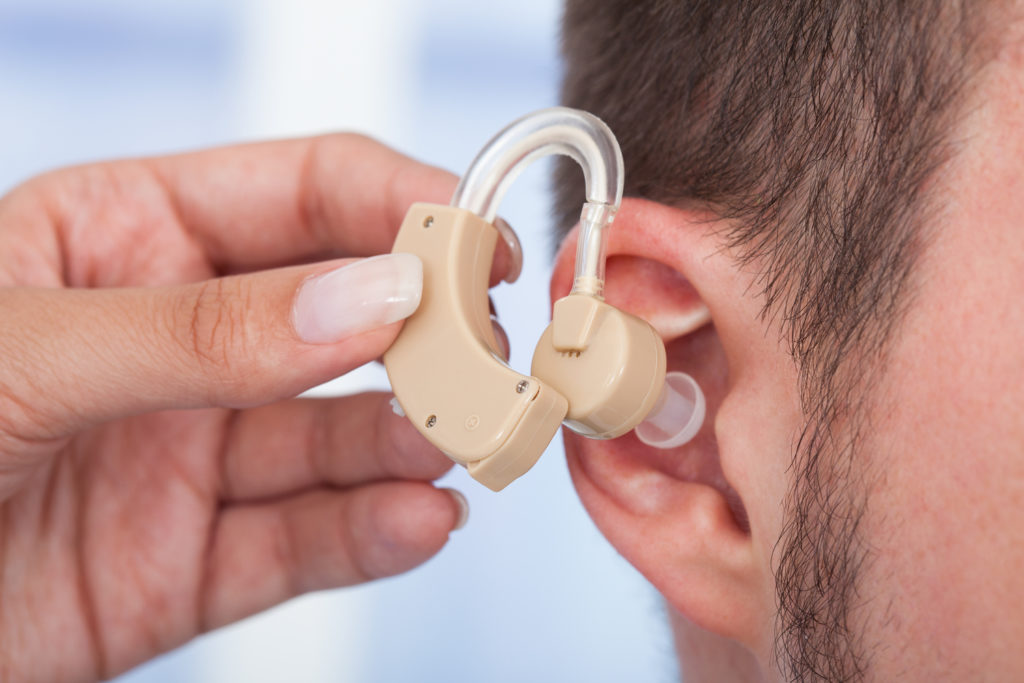Understanding Diabetic Health Concerns

Exif created by JPEGTweaker
Diabetes Develops when The Body Either
- Does not make enough insulin
- Is unable to use insulin properly, also called insulin resistance, generally the result of being overweight, not exercising and eating a poor diet, or
- Both
Insulin is a hormone that is usually made in the pancreas. It helps your body use the sugars that are in the foods we eat. Glucose helps give your body essential energy, and insulin helps carry glucose to your cells.
If your body doesn’t make or use insulin well, the glucose builds up in the blood, instead of being absorbed by cells in the body. Your body’s cells are then starved of energy, despite your having high blood glucose levels.
There Are Three Types of Diabetes
- Type 1, also known as juvenile diabetes, is usually found in children, though not always.
- Type 2, the most common form of diabetes accounting for up to 95% of all cases. It occurs most often in adults; though recently, more and more children are being diagnosed. This may be because more youth today are overweight or less physically active than earlier.
- Gestational diabetes, which occurs during pregnancy.
Diabetes is a lifelong condition that needs to be managed very carefully to stay healthy.
Are You at Risk?
There are a number of issues that can make someone more likely to develop Type 2 diabetes in their lifetime.
A Few Common Examples
- Being overweight or obese: the more unnecessary weight you carry, especially around your tummy, typically the more resistant your body gets to insulin
- Having a high blood pressure generally or more dangerously, during pregnancy
- Maintaining an unhealthy diet high in fat, calories, cholesterol, and processed foods while avoiding fresh leafy greens, grains, and more.
- No regular exercise
- Generally being older than 45, although diabetes has been seen in younger people
Common Signs and Symptoms Include
- Extreme thirst
- Urinating way more than usual
- Unexplained weight loss/losing weight without actively trying to
- Bouts of blurry vision
- Wounds or blisters that take time to heal
- Unexplained tingling or numbness in your hands and/or feet
- Extreme tiredness
- Dry, itchy skin
- Swollen, bleeding, tender gums
Managing Diabetes
It’s imperative that you take steps to help you to always keep your blood sugar level low. This is often achieved through a combination of:
- Healthy eating
- Regular exercise
- Insulin therapy and medication
- Regular blood sugar monitoring




